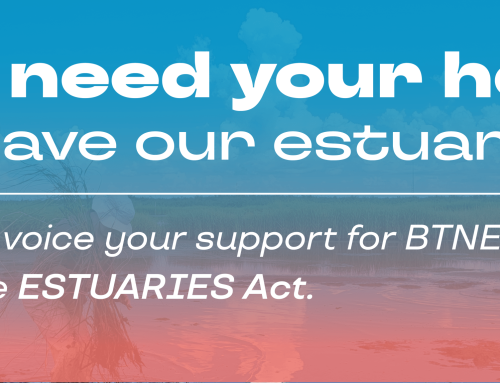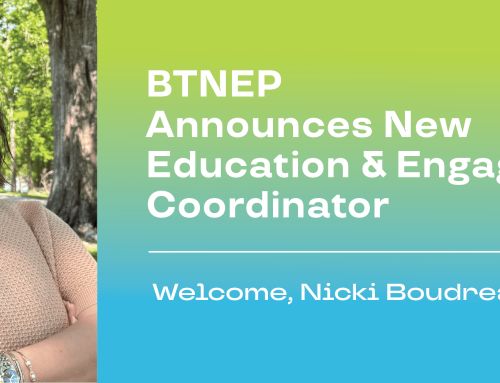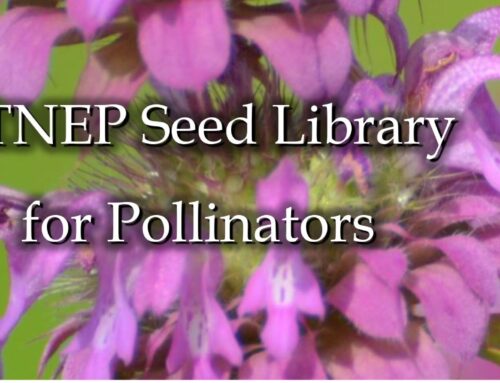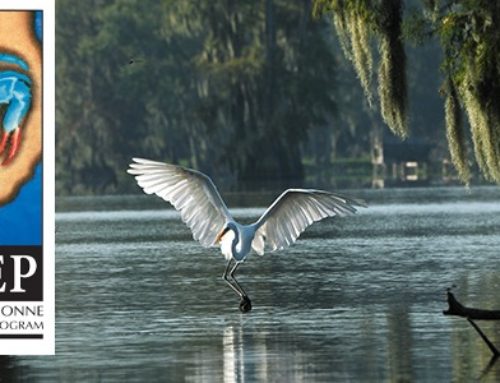THIBODAUX, La. — In an effort to educate Louisiana teachers and students about marine debris and its effects on the environment and wildlife, the Barataria-Terrebonne National Estuary Program (BTNEP) has released a free curriculum curated for middle school students and teachers following the Louisiana Science Standards and phenomena. The curriculum was created to address the negative effects of marine debris and plastic pollution.
“Plastic is great because it is durable, light, and inexpensive. These are the same reasons that it can be harmful.” said Alma Robichaux, Education/Outreach Coordinator, BTNEP. “We can walk down the street and not even notice the small bits of plastics littered on the ground. Plastics continue to break down into smaller and smaller pieces, but they never really go away. These plastic pieces end up in our estuaries, oceans, and on our beaches.”
The curriculum aims to further environmental education by using popular topics to educate students about our fragile planet, and equip them with the knowledge to change and prevent ongoing pollution.
“We believe education is the first step towards addressing the issues of marine debris pollution because it can change the behaviors that lead to ocean pollution.” said Dottie Hartman, Masters of Natural Science student at Louisiana State University. “It’s important for us to understand the issues of marine debris, our role in the problem, and the ways that we can help.”
The marine debris curriculum provides five different lesson plans, complete with several activities. Students can examine sand samples, identify common trash items that pollute the ocean and beaches, and learn about what happens to trash when it enters the Gulf of Mexico. Students will also explore how long it takes for litter to breakdown through timelines, and discover how microplastics form and the toxins they can carry.
“It is our hope that this free resource makes it into the hands of our dedicated teachers, to shape the young minds of our community. The children are the future of our beautiful state, and education at an early age is important to ensure that in the years to come, our home is cared for by an informed generation. Through this education, we hope to reduce and prevent marine debris and ocean pollution now, and in the future.” said Susan Testroet-Bergeron, Director of BTNEP.
To view or download the curriculum, visit https://education.btnep.org/2019/02/06/marine-debris/.





